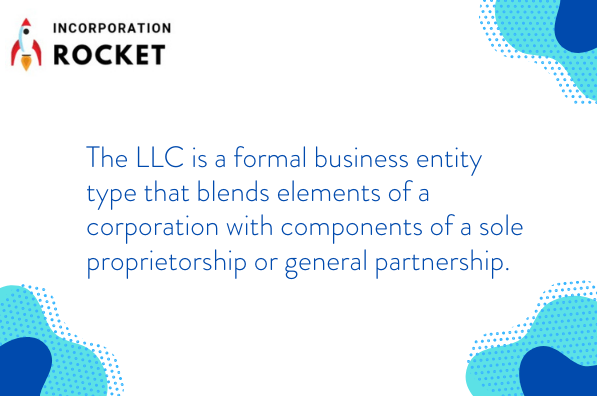The IRS states that Limited liability companies (LLCs) are a popular choice for new businesses for a variety of reasons, but they are only one option when forming a business. For international businesses however, it can be a top choice away from the EU’s “single market”.
Why should you form an LLC?
Yes, the United States does not have VAT and that is an important reason. But there is more to this: the paperwork is the primary reason why businesses prefer an LLC over a traditional corporation. Corporations must maintain a massive amount of paperwork, such as bylaws, meeting minutes, and stock ledgers.
How to form an LLC
1. Select your state
For most new business owners, forming an LLC in the state where you live and intend to do business is the best option. If your company will have a physical presence in multiple states, you must register a foreign LLC in each of those states. Because each state has its own requirements, it is critical to conduct extensive research on the benefits and drawbacks of each state.
2. Choosing a name
The first step in forming an LLC is to choose a company name. To ensure that your LLC name is unique, you must conduct an online business name search and follow your state’s naming guidelines.
3. Choose a registered agent
A registered agent is a person or company who sends and receives legal documents on behalf of your company. These documents include official correspondence such as legal summons and state filing notices. Most states require that a registered agent be named when forming an LLC. Your registered agent must be either a resident of the state in which you do business or a corporation registered in that state.
There are three options when choosing a registered agent, the owner can serve as his/her own registered agent, a friend or family member can be appointed or, the best option, hire a registered agent service. Read more about the top registered agent services in the US as well as LLC incorporation all in one go on the Incorporation Rocket website.
4. Fill out the Articles of Organization for your LLC.
You must file your formation documents with the state’s business division, usually the Secretary of State, to form an LLC. In some states, the Articles of Organization are also known as the Certificate of Formation or Certificate of Organization. Fill out the information on the formation documents yourself, mail them, or hire an LLC formation service to do it for you.
5. Set up an Operating Agreement for your LLC.
An LLC operating agreement is a legal document that specifies the ownership structure and member roles of an LLC. Even though most states do not require an operating agreement, it is a good idea to draft one when forming an LLC.
6. Obtain an EIN
The final step is to obtain an EIN. An Employer Identification Number (EIN), also known as a Federal Employer Identification Number (FEIN) or Federal Tax Identification Number (FTIN), is the legal equivalent of a Social Security number for your limited liability company (SSN). You’ll need an EIN to hire employees or open a business bank account. You can get your EIN for free by visiting the IRS website, faxing it, or mailing it to them.
How EU VAT affects US companies
When US companies deal with value added tax (VAT) issues in Europe, whether they are new or established, they frequently fall into the same avoidable traps according to the European Commision. These pitfalls include the misconception that VAT is the same as sales tax or GST in the United States and the belief that VAT does not apply to non-European businesses. Sometimes it’s a mix of the two.
What is VAT?
Contrary to popular belief, VAT is not the same as sales tax in the United States. Although both VAT and sales tax are consumption taxes, it is important to note that while sales tax is collected at the point of sale to the final consumer, VAT is imposed on all sales in a supply chain involving the production and distribution of goods, as well as the provision of services for consumption within the EU’s territory.
When doing business in the EU, a company must deal with VAT: when selling something, the company must charge the customer VAT, and when buying something, the company must pay VAT. When conducting business in Europe, US companies are frequently confronted with European VAT.
Final Thoughts
VAT can be difficult to understand and implement for US companies doing business in Europe, and it can be time-consuming to comply with retroactively. VAT, on the other hand, is manageable if dealt with in advance.







Click here to change your cookie preferences